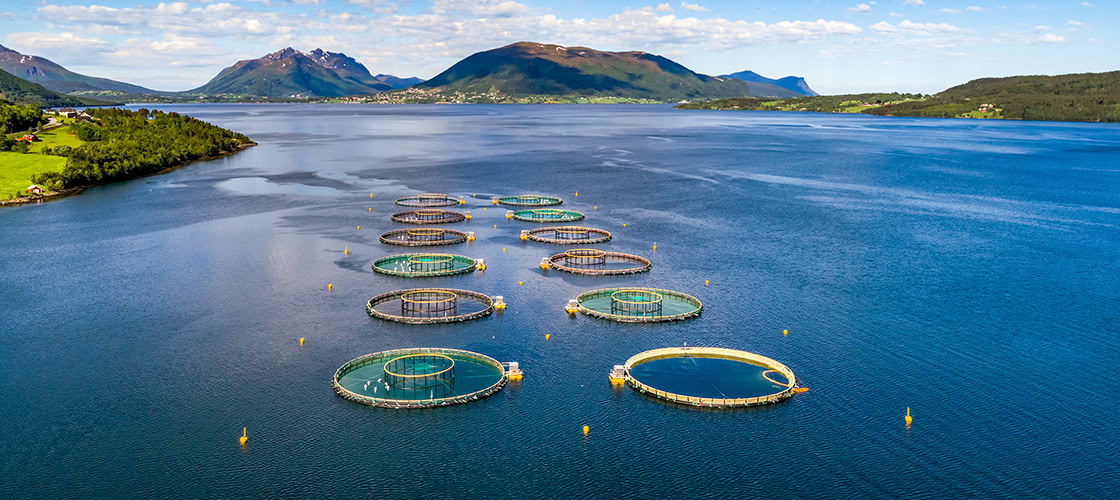

While most entrepreneurs wait for the right moment to launch their startup, scientist Margaret Rae chose the middle of a global pandemic to turn her attention to one of aquaculture’s most persistent problems: sea lice.
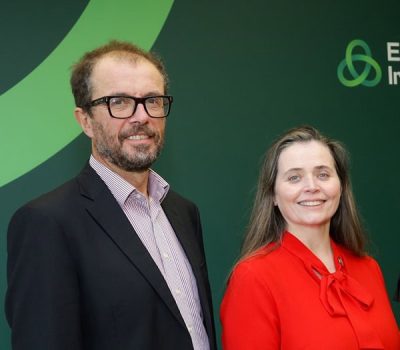
Michael Flynn, CTO, and Margaret Rae
For Margaret, this was an opportunity that couldn’t wait. Salmon production means keeping fish in densities that are easily exploited by parasites like sea lice, which are naturally present in the water. In a farming environment they can spread rapidly, and a bad infestation could mean culling the entire stock. While numerous treatments are available, they are not as effective in the longer term as producers or regulators would like.
“I was doing some consultancy work at the time. In fact, that was the business I had when I joined Phase 1 of New Frontiers. Out of it I had the possibility of putting some initial cash behind this idea and in 2021 I decided to go for it and founded Konree Innovation.”
The solution Margaret has been working on is a preventative approach targeting parasite loads in the water rather than waiting for the sea lice to attach themselves to the fish. The sustainable, deep-tech solution combines hardware and software, using machine vision, machine learning, and AI to address this expensive problem at its source.
Something this innovative and complex needs significant investment. Covid had created what Margaret describes as “backlog of companies” that needed funding, making an already competitive landscape even more crowded. Instead of jumping straight into fundraising, she worked through a series of support programmes that would take her from concept to prototype.
After completing Phase 1 of New Frontiers, Margaret joined BIM Aquaculture Innovation Studio run by Hatch Blue, which gave her crucial insight into aquaculture’s global scale and helped her further develop her business plan. After that, the EU-funded Empower Start (Empower Cumasú) programme in Galway helped her refine her business model and prepare for investor pitches.
At the end of 2021, Margaret rejoined the New Frontiers programme, completing Phase 2 and being accepted onto Phase 3 in 2022. “All this time I was working on the science, but also refining the messaging, the opportunity, and the pitch. Coming out of these programmes you have all this material you can pitch – in different ways depending on the circumstances – to find a cofounder, to find your team, to investors, or to stakeholders who could offer support. And you can also put all of that into grant applications, which I did.”
In 2022, the pilot Women TechEU programme awarded grants to support 50 women-led startups involved in cutting-edge and disruptive innovations. Margaret was one of these 50 women, and one of only three women from Ireland to receive a sizeable cheque with no dilution.
“This was a game-changer. It enabled milestones like website development, technology advancement, and decisive in-person meetings at Norwegian trade shows. Norway is a crucial location for Konree Innovation as it represents 50% of the total market and is the key industry influencer globally.”
After securing funding that included Enterprise Ireland’s Pre-Seed Start Fund (PSSF) in May 2023, Margaret was able to hire two R&D biologists. Focusing on the biology of both parasite and fish, they built a huge biological digital image library for the machine vision, machine learning, and AI model development. An organic Irish salmon producer also came on board for a sampling programme.
In this year’s Aquatech Ireland Pavilion at the world’s largest aquaculture technology event, Aqua Nor, Konree Innovation’s image quality caught the attention of researchers from across the industry. “It was very validating, because our imagery really is amazing compared to what else is out there. Our images are very clear; you can even see incredible detail in the larvae and their appendages. And it’s in colour!”
Margaret’s journey also illustrates the brutal economics facing deep-tech hardware startups. “It’s very difficult – increasingly difficult – to raise money. A lot of investors just don’t want to invest in hardware, plus the AI bubble has skewed attention and capital. For deep-tech companies, the ‘de minimis’ limit of €300,000 in any three-year period is insufficient. There should be another criterion used there as these companies have to gather a skilled team at the forefront of technology and build physical prototypes and that is all very expensive.”
Throughout 2023 and into 2024, Margaret pitched for investment. Coupled with the angel investment she was able to secure, two more funding awards came into play as she continued to develop her solution, the Marine Institute Industry-Led Awards 2024 and the Circular Economy Innovation Fund 2024. That funding enabled a successful Enterprise Ireland HPSU application this year. It’s a step-by-step process where you keep building on your progress.
Today, the Konree Innovation team has grown to seven people, including engineers, biologists, and an aquaculture operations specialist. Margaret’s hiring strategy reflects a deep understanding of her market: “The salmon world is a very small world. Globally there are around 140 companies farming salmon and everyone knows everyone. While it’s a small volume, it’s very high value market.”
This intimacy demands careful navigation. “You have to proceed very carefully and ultimately you must be certain your technology works before venturing out. You have to meet the producers yourself and build trust with them first. There is a lot of misinformation about salmon farming and about lice in the public domain, so you need to demonstrate that you aren’t in that misinformation space and that what you’re doing is a good, realisable thing and you aren’t just some boffin selling a dream.”
Through the ATU Innovation Hubs, where the company is based, comes access to the European Space Agency Business Incubation Centres (ESA BICs). Their programme came with a small amount of funding earlier this year. Integrating with ESA is also a strategic move for future use cases of Konree’s technology platform. Although currently focused on sea lice, it has broader applications for ocean health monitoring.
Another benefit is satellites. “Through the ESA, we’ll be able to access satellites. Salmon production is carried out in remote areas where connectivity with mobile networks can be poor. To get data from a salmon pen to us and our customer will sometimes require satellite connection. In the future, we see thousands of our units worldwide and the best way to conduct those firmware and software updates all at once will be via satellite. From both a cost and sustainability perspective, this makes a lot more sense than sending engineers to countless sites.”
Margaret is appreciative of the support given by agencies like EI and Bord Iascaigh Mhara (BIM). Being invited to exhibit in the Irish pavilion at Aqua Nor is one example where they were able to get real visibility at an important trade expo and start conversations with producers from countries like Norway, Scotland, Chile, and Canada that will prove hugely valuable for the business.
“At all points, having the right people and connections is vital and will help you get to your next stage, whatever that is. It can make your journey a lot smoother.” Her future funding goals will combine investment, paid trials, and grants (as with previous grant applications, these will always be carefully chosen to align with business objectives).
The transition from scientist to founder has yielded some hard-won insights. The legal aspects of investment, for instance, require founders to factor extended timelines into their planning. Having keen investors identified before forming the company would have helped Konree Innovation, although Covid meant this would have been particularly challenging.
Margaret also discovered that gender bias continues to be more pervasive than she expected. “I didn’t recognise how much things are stacked against you. You form a company, and you assume it’s a level playing field. But it really isn’t. That was actually quite shocking.” The ‘de minimis’ cap for startup companies that are still in R&D is another limiting factor. To compete at a global level, she feels strongly that supports should reflect the scale of investment required.
Margaret Rae’s methodical progression from idea to implementation proves that execution is everything. Deep-tech founders must be builders in every sense – of technology, of teams, and of the relationships that sustain both. Her approach offers a template for other founders willing to navigate these complexities, but turning the tide on sea parasites will ultimately come down to her persistence and precision.
Learn more about Konree Innovation on their website.
About the author
 Scarlet Bierman
Scarlet Bierman
Scarlet Bierman is a content consultant, commissioned by Enterprise Ireland to fulfil the role of Editor of the New Frontiers website. She is an expert in designing and executing ethical marketing strategies and passionate about helping businesses to develop a quality online presence.
Recent articles
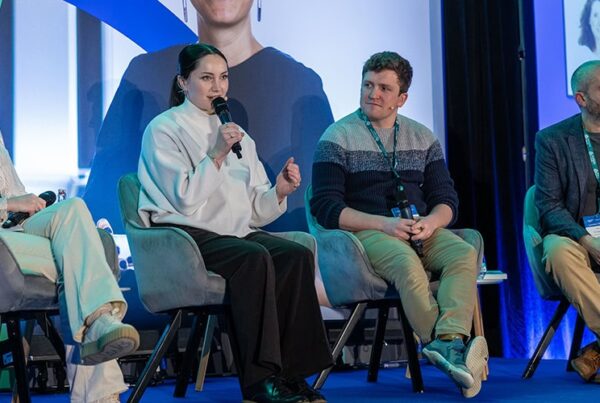
The New Frontiers Programme Connects 158 Founders With Success Stories
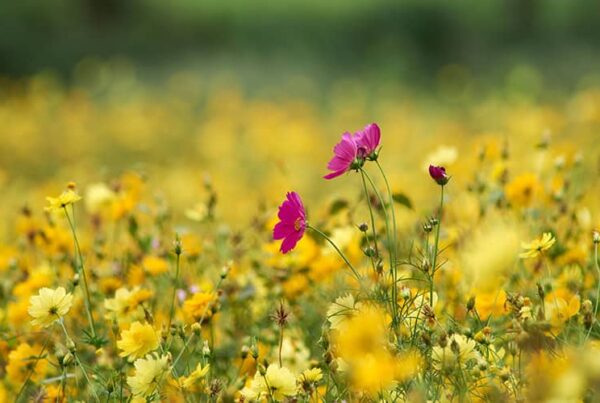
Raise Your Startup’s Visibility & Credibility By Entering These Competitions
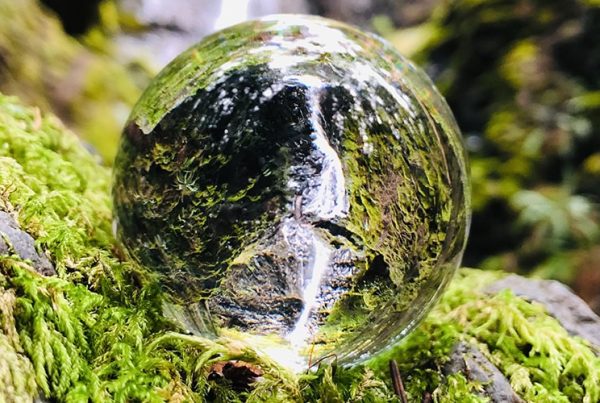
Founder Perspectives: Lessons From Building Businesses In Sustainability

Tech Startups In The Age Of AI: Alumnus Paul Savage On Speed, Quality & Risk
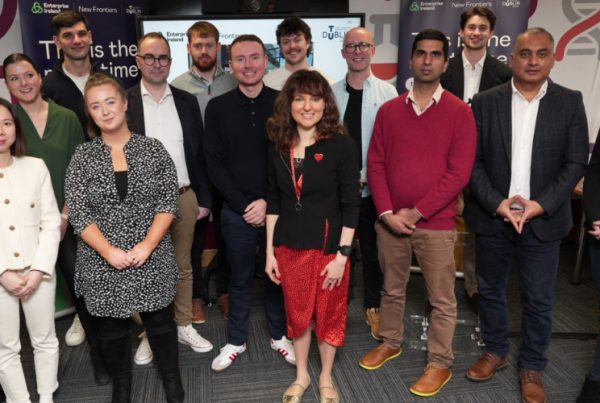
Fourteen Startup Founders Graduate From Phase 2 Of New Frontiers In Tallaght
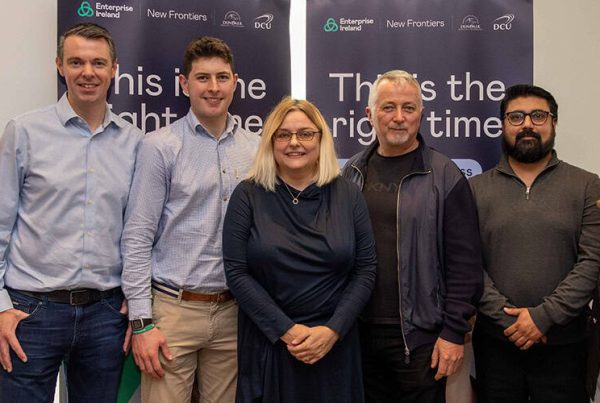
Eleven Founders Graduate From New Frontiers In The Border Mid-East Region
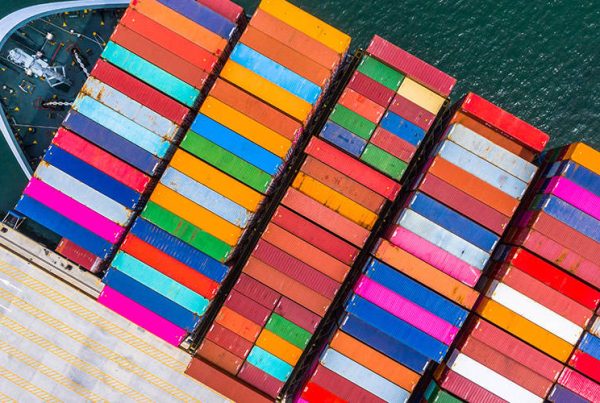
Laying The Right Groundwork Helps Startups Prepare For Export Success
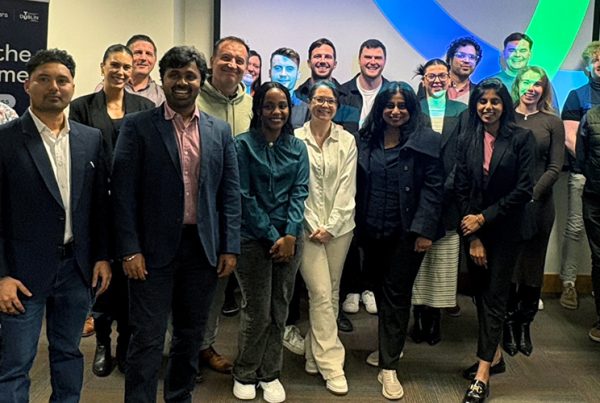
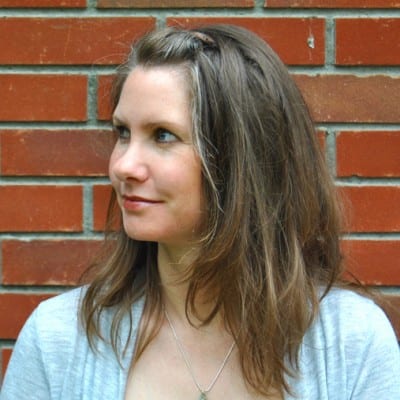 Scarlet Bierman
Scarlet Bierman
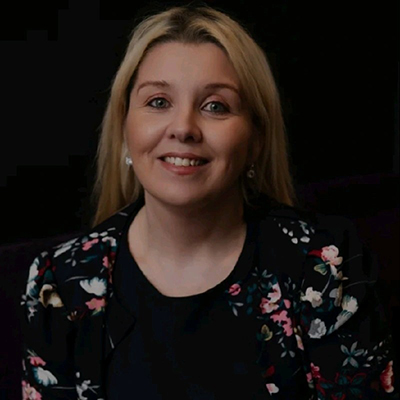
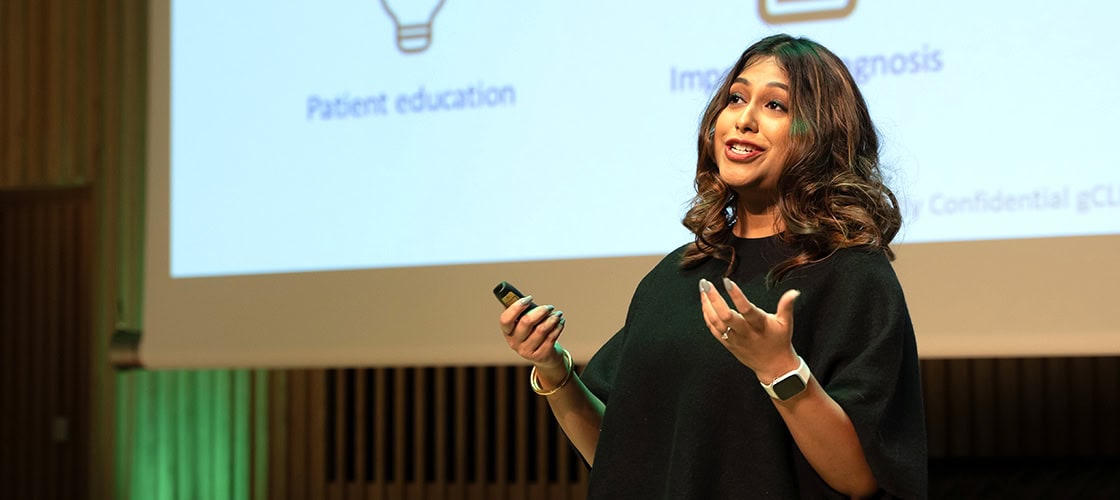
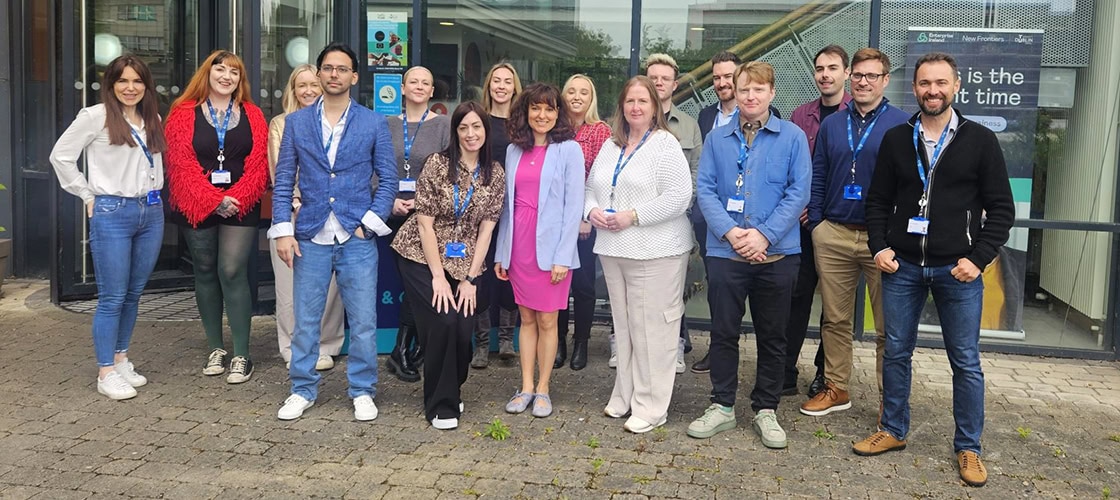
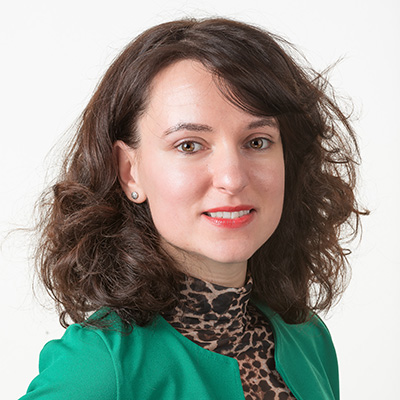
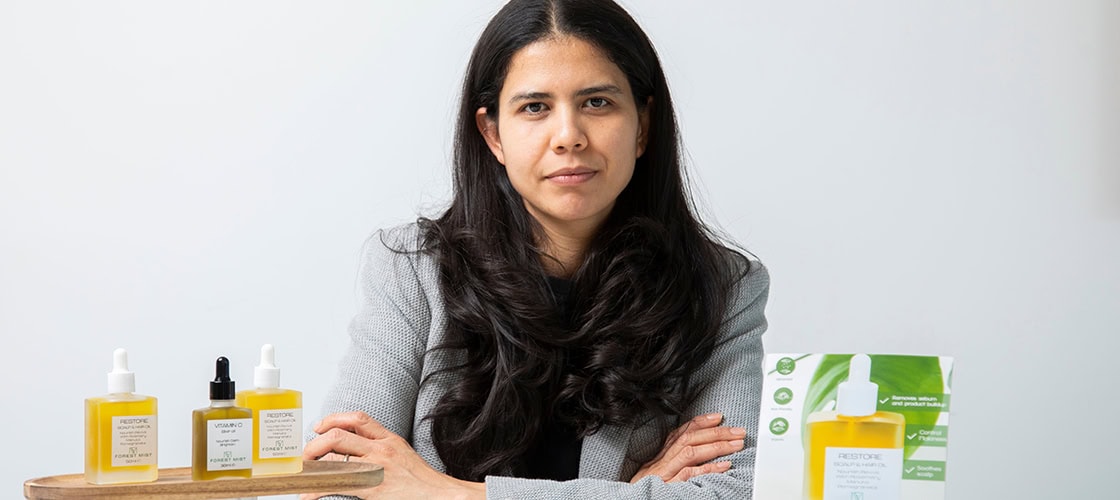
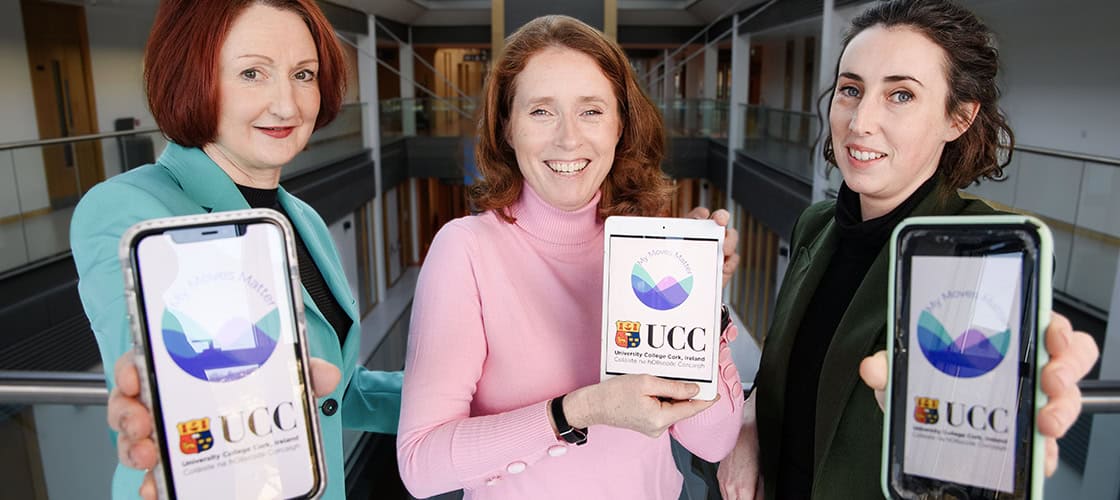
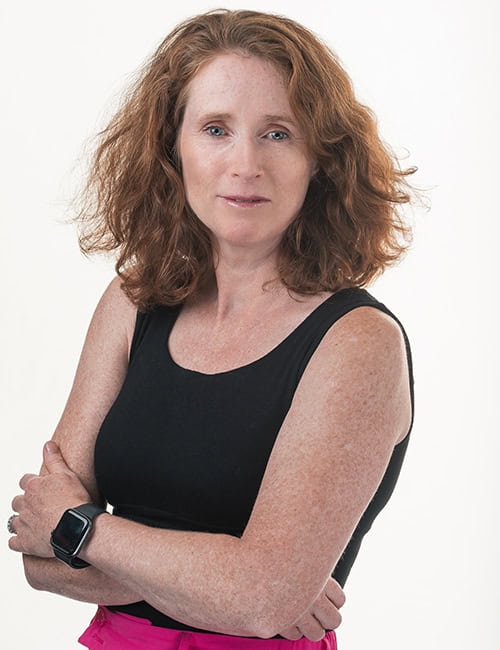
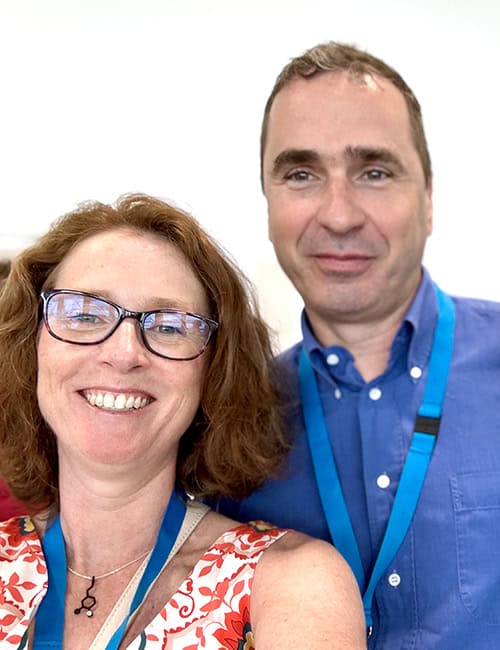
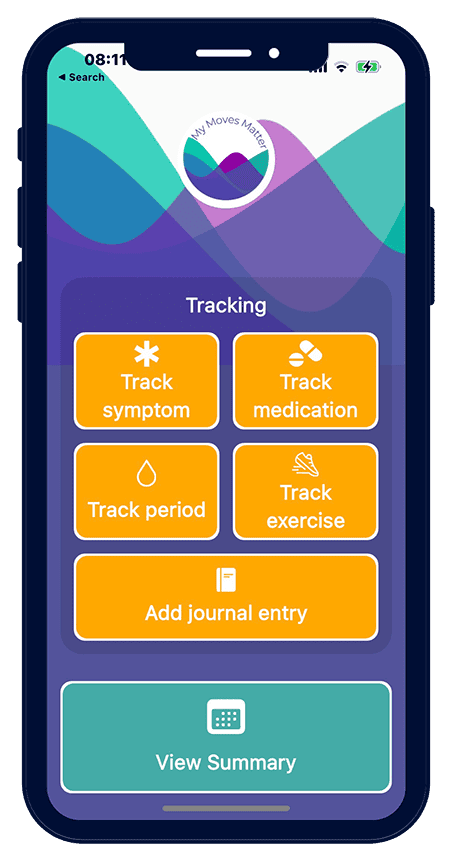 The My Moves Matter app was launched last July. It’s free for anyone with Parkinson’s and available for Apple or Android, with currently 1,100 users. It helps people track their diet, medication times, exercise, sleep, and hormonal fluctuations – all of which affect how well someone can live with Parkinson’s Disease. In addition, the app supports the input of clinical trial IDs, which means it is helping to fill that critical research gap. Right now, My Moves Matter is working with the University of Cork on a global pilot study (where women at different hormonal life stages track their PD symptoms over four months) and with France Parkinson’s (a trial in four neurological centres for French women tracking their symptoms across the menstrual cycle).
The My Moves Matter app was launched last July. It’s free for anyone with Parkinson’s and available for Apple or Android, with currently 1,100 users. It helps people track their diet, medication times, exercise, sleep, and hormonal fluctuations – all of which affect how well someone can live with Parkinson’s Disease. In addition, the app supports the input of clinical trial IDs, which means it is helping to fill that critical research gap. Right now, My Moves Matter is working with the University of Cork on a global pilot study (where women at different hormonal life stages track their PD symptoms over four months) and with France Parkinson’s (a trial in four neurological centres for French women tracking their symptoms across the menstrual cycle).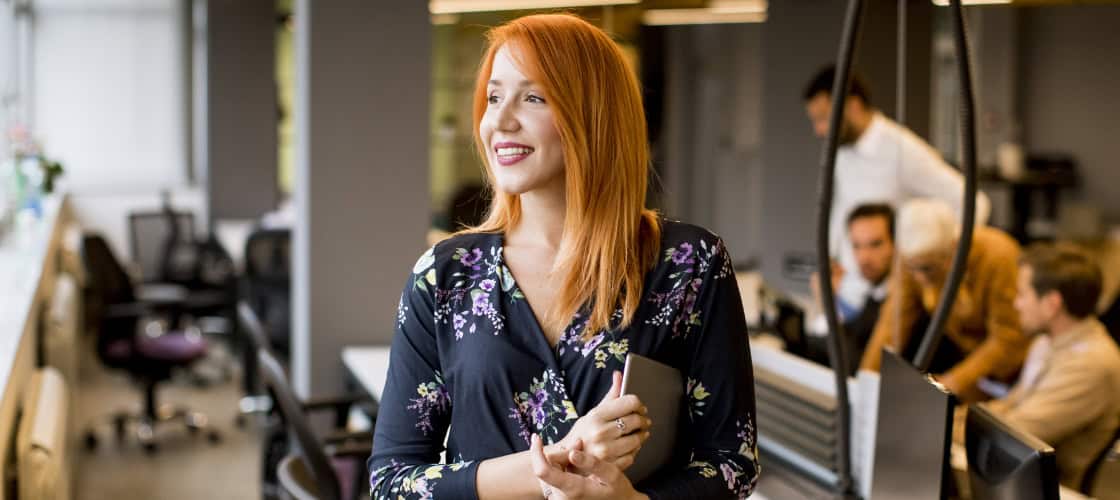
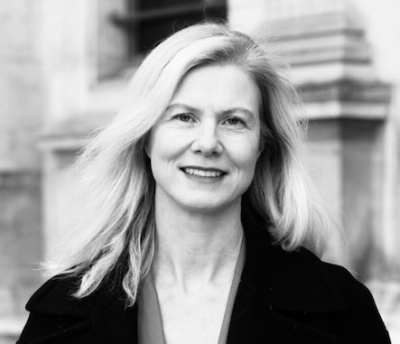
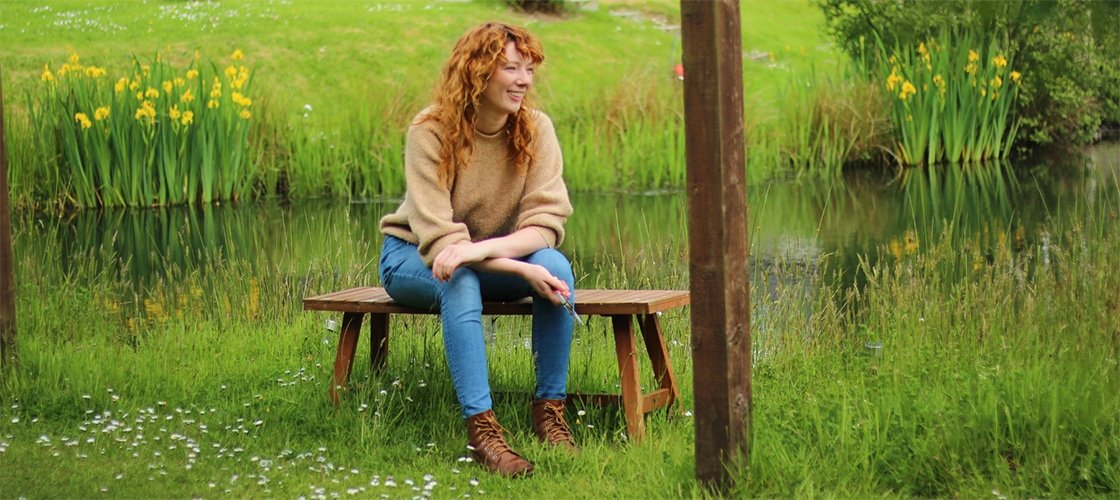
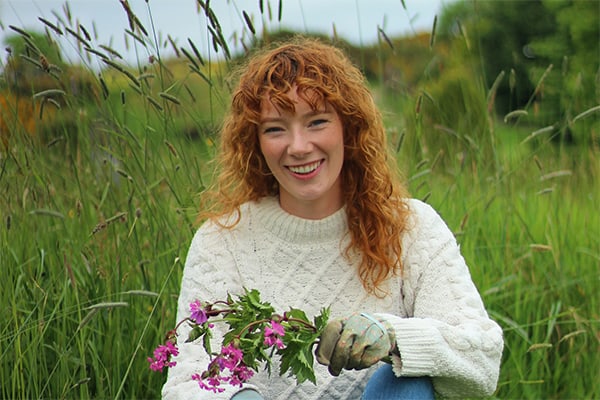 Alexandria: Yes, it started off as a personal project back in 2021. As I shared my gardening passion and other experiences on my blog, a community began to build around it. I was enrolled at SETU – Carlow Campus, studying for my BSc in Business with Marketing at the time. During a period of poor mental health, I was given a set of aromatherapy essential oils. The impact the products had on me was profound, and I started to experiment with the different fragrances and applications like candles. People I knew started asking me to make them, and before I knew it, I was developing a product range. It wasn’t planned as such, it all just happened quite organically.
Alexandria: Yes, it started off as a personal project back in 2021. As I shared my gardening passion and other experiences on my blog, a community began to build around it. I was enrolled at SETU – Carlow Campus, studying for my BSc in Business with Marketing at the time. During a period of poor mental health, I was given a set of aromatherapy essential oils. The impact the products had on me was profound, and I started to experiment with the different fragrances and applications like candles. People I knew started asking me to make them, and before I knew it, I was developing a product range. It wasn’t planned as such, it all just happened quite organically.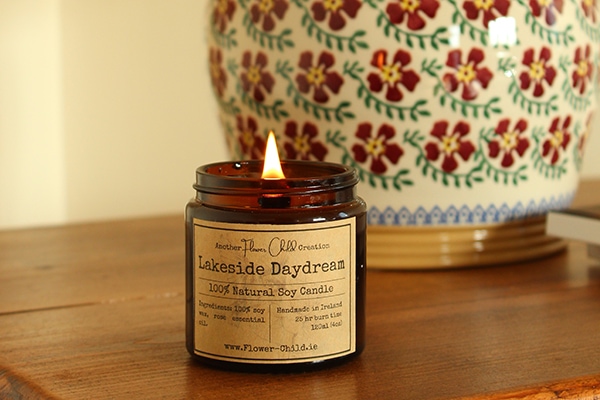 Alexandria: Absolutely. My family home, Turra Lodge Farm, has a beautiful garden which my Mum and Nana designed and planted when I was younger. It is a cornerstone of my mental health. Luckily, my family has indulged my passion, or obsession, with gardening for years now and given me lots of creative freedom to develop different parts of it. That’s what my blog initially revolved around.
Alexandria: Absolutely. My family home, Turra Lodge Farm, has a beautiful garden which my Mum and Nana designed and planted when I was younger. It is a cornerstone of my mental health. Luckily, my family has indulged my passion, or obsession, with gardening for years now and given me lots of creative freedom to develop different parts of it. That’s what my blog initially revolved around.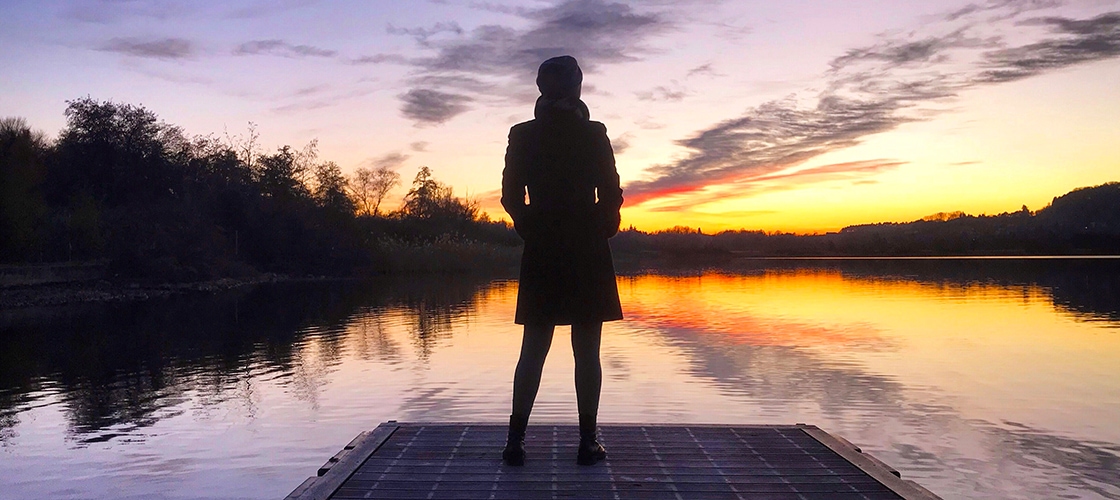
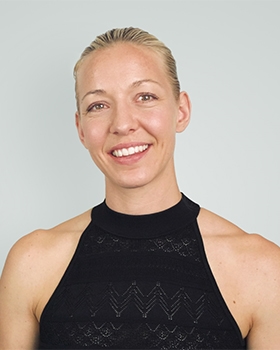 Heidi Davis: There are 440 million women going through the menopausal transition worldwide and 330 million of these women will experience symptoms that are negatively affecting their lives at work and at home. We know that about 60% of women that suffer from their symptoms will seek medical help, but only 30% of these women will get a diagnosis and treatment plan, leaving 70% of the women wanting help to suffer. The simple reason women do not get a diagnosis and treatment plan easily is that there are no clear diagnostic tests to establish perimenopause. Clinicians rely on self-reported symptoms on the frequency and severity of symptoms to establish perimenopause and prescribe treatment. We are developing a first-of-its-kind wearable biosensor and digital platform that can passively quantify & profile the frequency and severity of menopausal symptoms, providing women and clinicians with the necessary information to diagnose & personalise symptom management.
Heidi Davis: There are 440 million women going through the menopausal transition worldwide and 330 million of these women will experience symptoms that are negatively affecting their lives at work and at home. We know that about 60% of women that suffer from their symptoms will seek medical help, but only 30% of these women will get a diagnosis and treatment plan, leaving 70% of the women wanting help to suffer. The simple reason women do not get a diagnosis and treatment plan easily is that there are no clear diagnostic tests to establish perimenopause. Clinicians rely on self-reported symptoms on the frequency and severity of symptoms to establish perimenopause and prescribe treatment. We are developing a first-of-its-kind wearable biosensor and digital platform that can passively quantify & profile the frequency and severity of menopausal symptoms, providing women and clinicians with the necessary information to diagnose & personalise symptom management.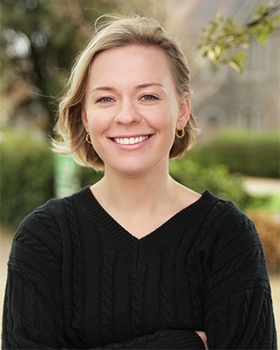 Grainne Byrne: Norma is a psychosexual wellbeing platform and app. Our first product is a digital support programme for two very common conditions that impact sexual wellbeing, vaginismus and dyspareunia, which can affect approximately 1 in 5 in women.* These conditions can cause pain, anxiety, and difficulties with things like penetrative sex, inserting menstrual products, or undergoing a smear test. Our dynamic programme empowers these people with the knowledge and the tools to understand, manage and overcome these conditions at home today. Thankfully, in recent years, there has been a surge of much-needed, user-centric innovations in areas like cycle tracking, fertility, and menopause. At Norma, we are definitely excited to be riding the crest of this long-overdue femtech wave.
Grainne Byrne: Norma is a psychosexual wellbeing platform and app. Our first product is a digital support programme for two very common conditions that impact sexual wellbeing, vaginismus and dyspareunia, which can affect approximately 1 in 5 in women.* These conditions can cause pain, anxiety, and difficulties with things like penetrative sex, inserting menstrual products, or undergoing a smear test. Our dynamic programme empowers these people with the knowledge and the tools to understand, manage and overcome these conditions at home today. Thankfully, in recent years, there has been a surge of much-needed, user-centric innovations in areas like cycle tracking, fertility, and menopause. At Norma, we are definitely excited to be riding the crest of this long-overdue femtech wave.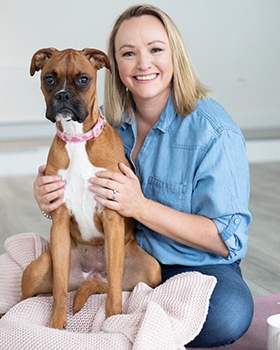 Deborah Brock: Nua Fertility is revolutionising the field of reproductive health by harnessing the power of the microbiome to enhance and optimise fertility outcomes. We combine personal experience, scientific research, and innovative products and digital solutions to optimise the microbiome for fertility success. The idea behind Nua Fertility is one whose time has come as the area of the microbiome for reproductive health is one of the most innovative and growing areas in fertility health. There is a rising awareness of the significant role that the microbiome plays in reproductive health, and scientific advancements have highlighted its impact on various aspects of fertility.
Deborah Brock: Nua Fertility is revolutionising the field of reproductive health by harnessing the power of the microbiome to enhance and optimise fertility outcomes. We combine personal experience, scientific research, and innovative products and digital solutions to optimise the microbiome for fertility success. The idea behind Nua Fertility is one whose time has come as the area of the microbiome for reproductive health is one of the most innovative and growing areas in fertility health. There is a rising awareness of the significant role that the microbiome plays in reproductive health, and scientific advancements have highlighted its impact on various aspects of fertility.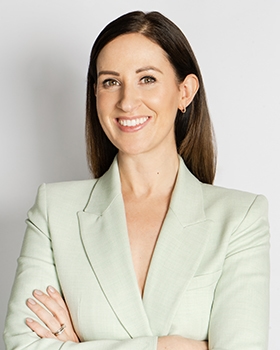 Alison Clarke: Every day, women experiencing fertility problems walk out of their career, resulting in depleted talent pools and costing employers tens of thousands. Fembition is a pioneering women’s fertility and leadership platform for progressive employers who want to retain their top female talent, close the gender gap and build a more inclusive culture at work. Essentially, we provide analytics, networking and peer support for women in business who are experiencing a challenging fertility journey. One of the biggest challenges for many women is managing their career whilst they’re trying to conceive. We work with these women through our platform and provide resources, workshops, and live support.
Alison Clarke: Every day, women experiencing fertility problems walk out of their career, resulting in depleted talent pools and costing employers tens of thousands. Fembition is a pioneering women’s fertility and leadership platform for progressive employers who want to retain their top female talent, close the gender gap and build a more inclusive culture at work. Essentially, we provide analytics, networking and peer support for women in business who are experiencing a challenging fertility journey. One of the biggest challenges for many women is managing their career whilst they’re trying to conceive. We work with these women through our platform and provide resources, workshops, and live support.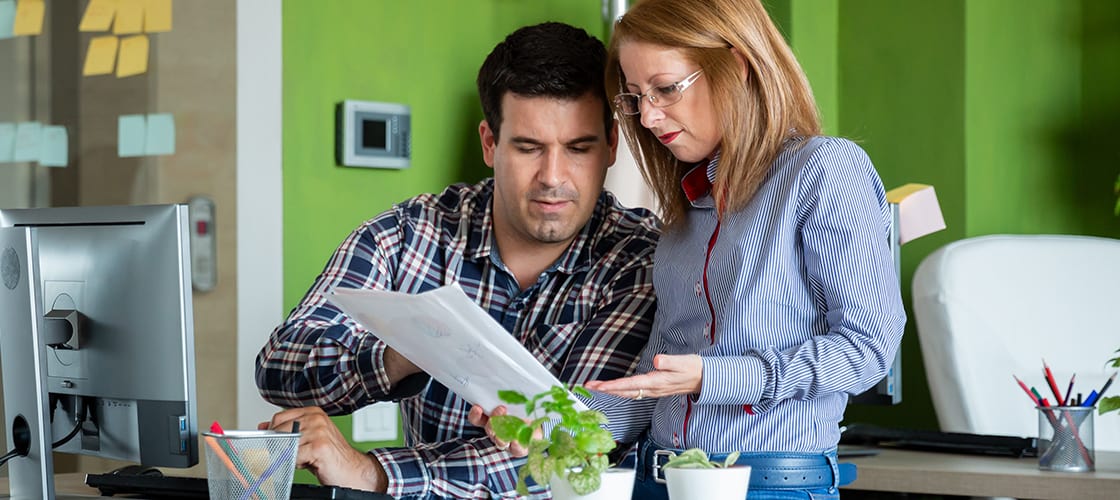
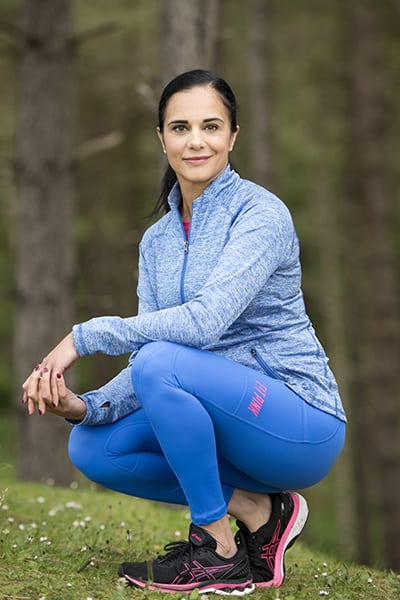
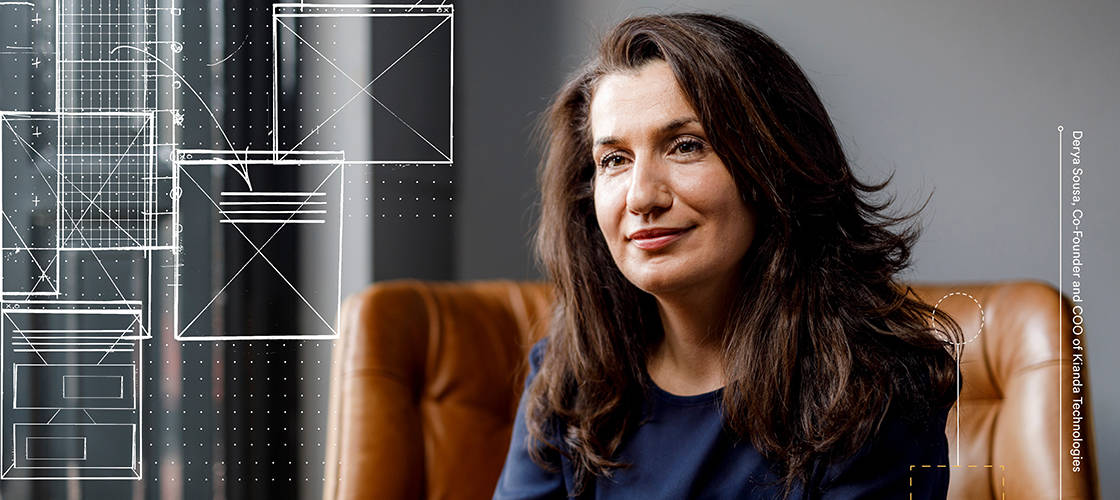

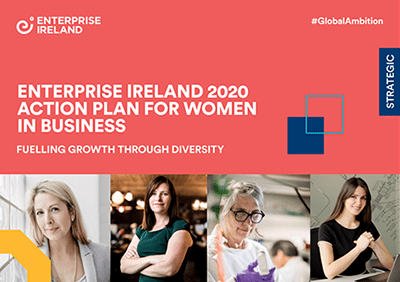

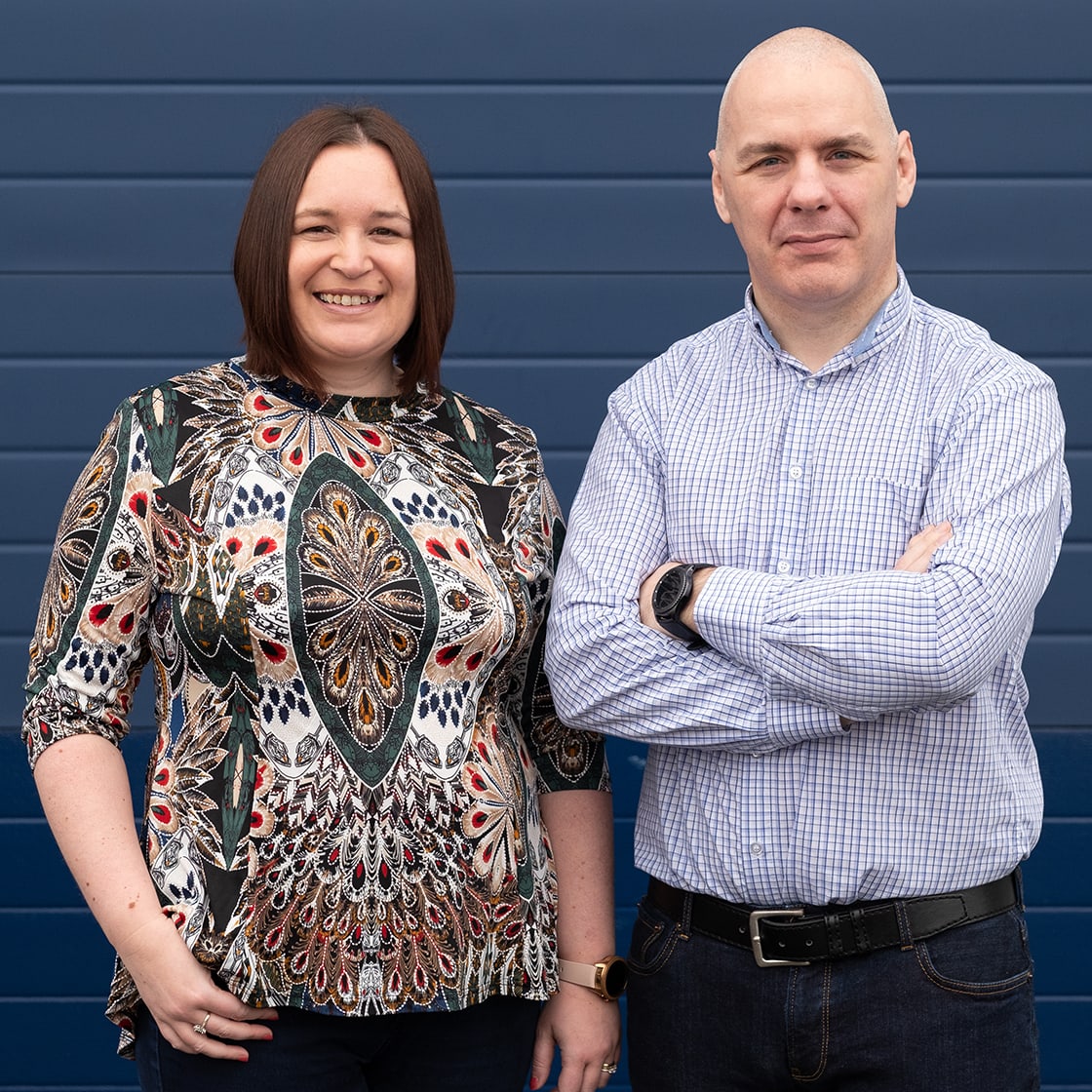
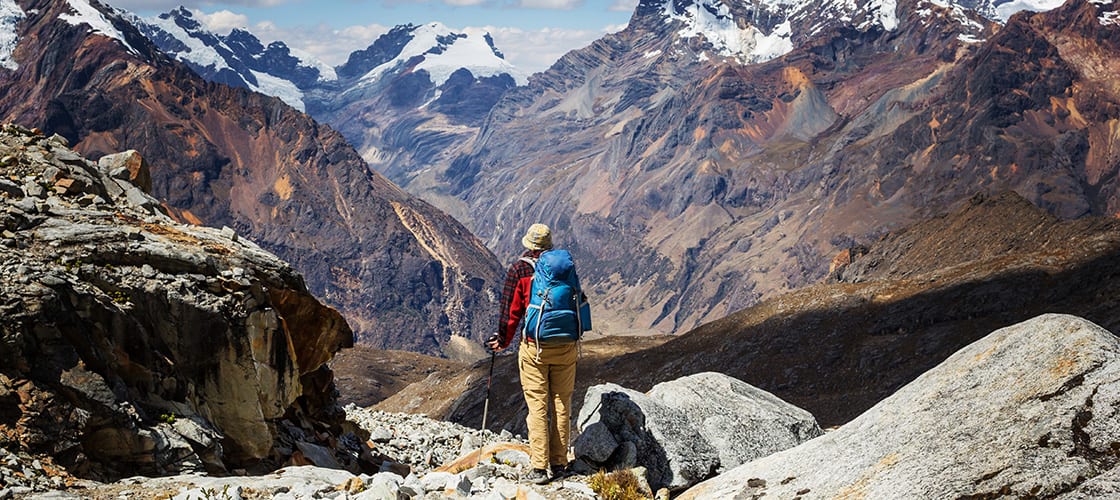
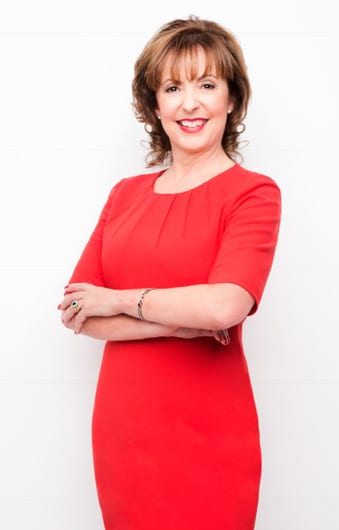
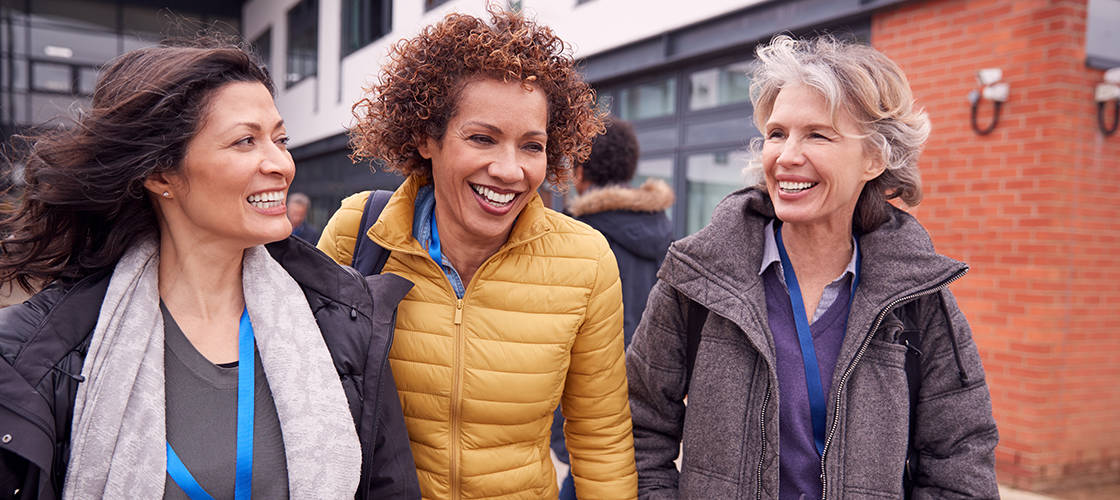
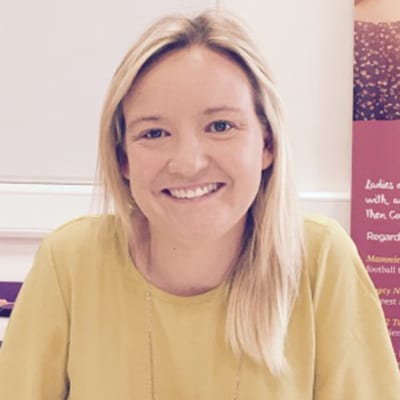
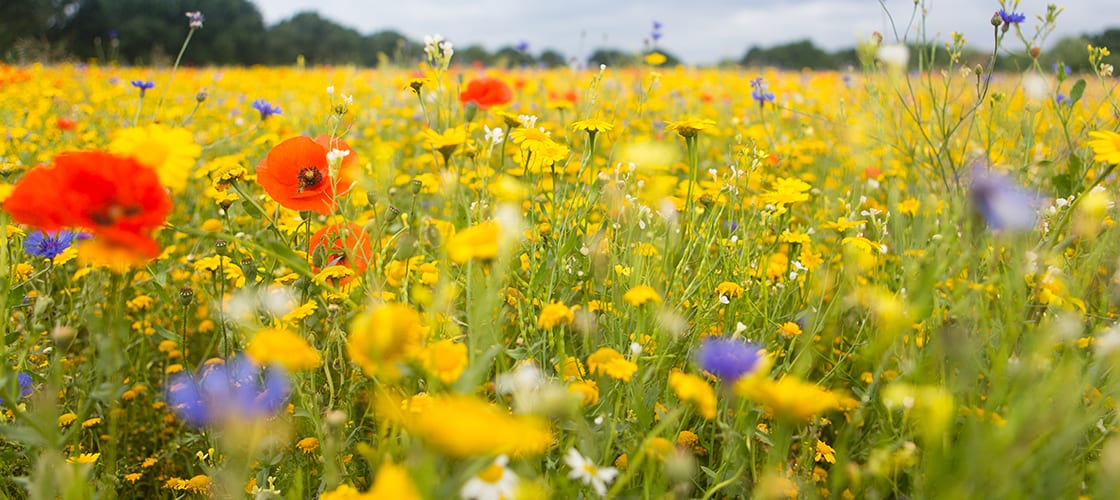
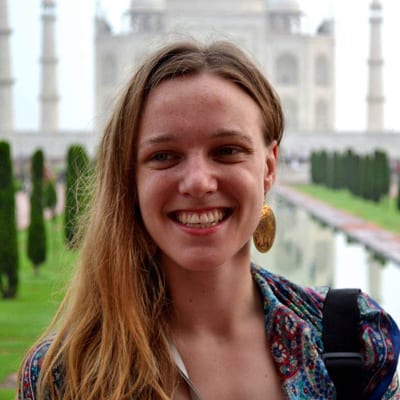
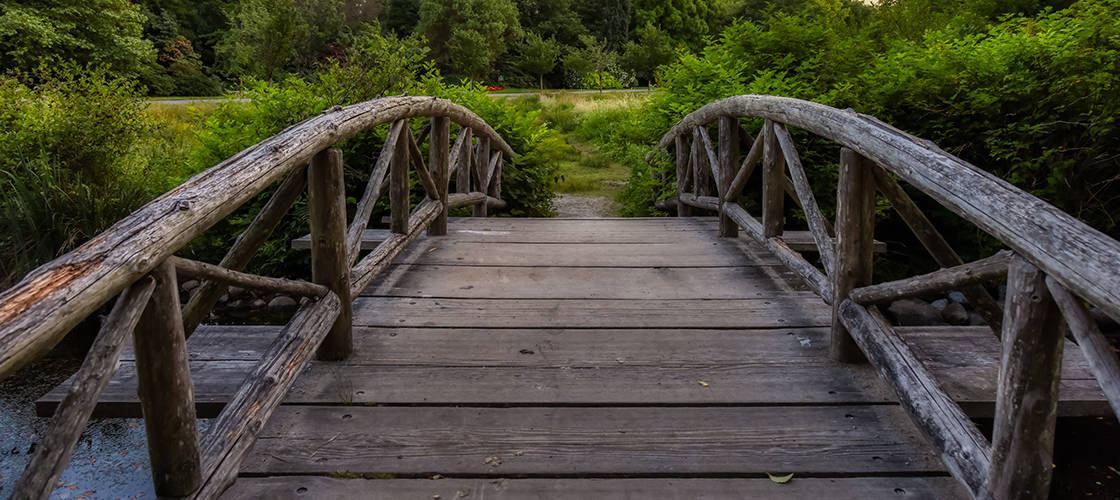
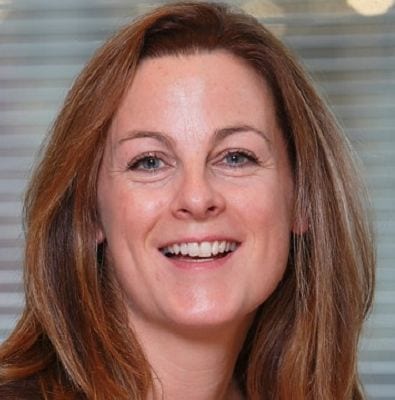 Nicola McDonnell
Nicola McDonnell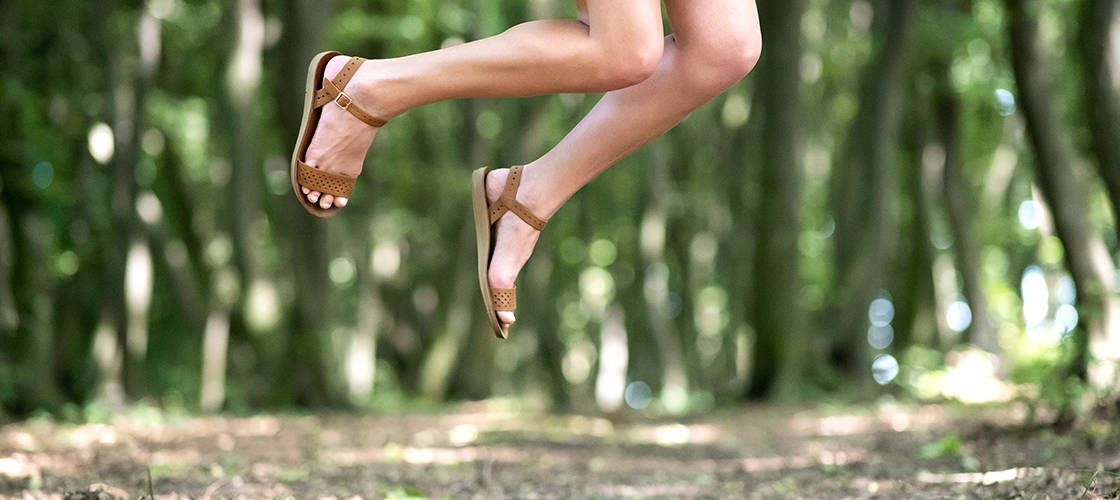
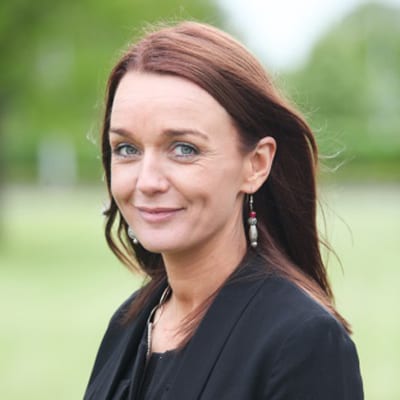 Rachel Hanna
Rachel Hanna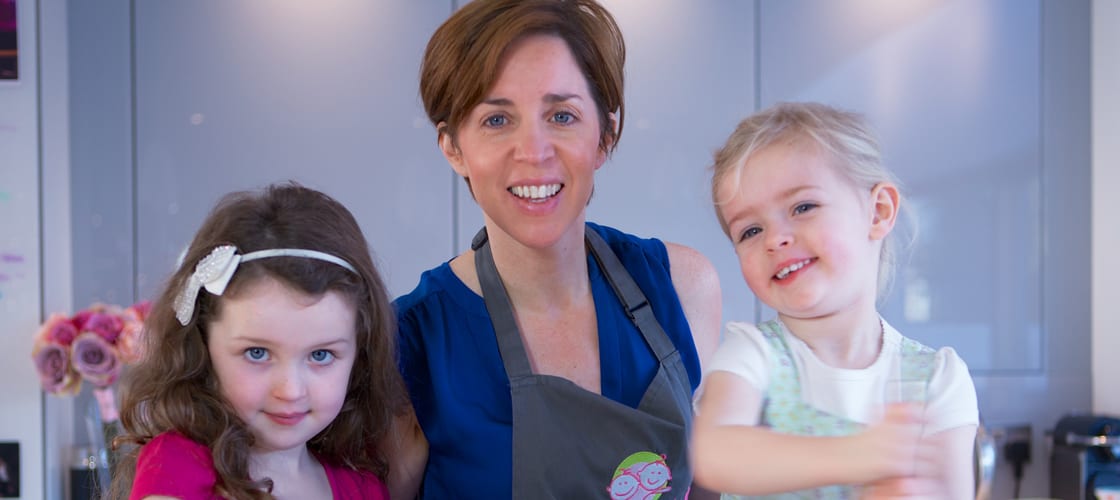
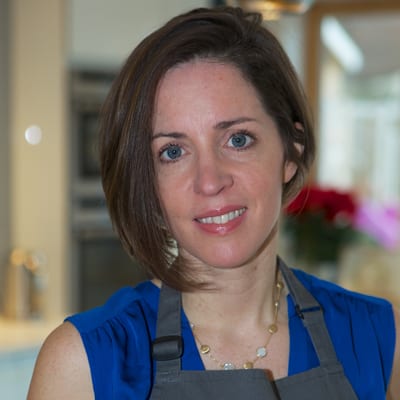 Siobhan Berry
Siobhan Berry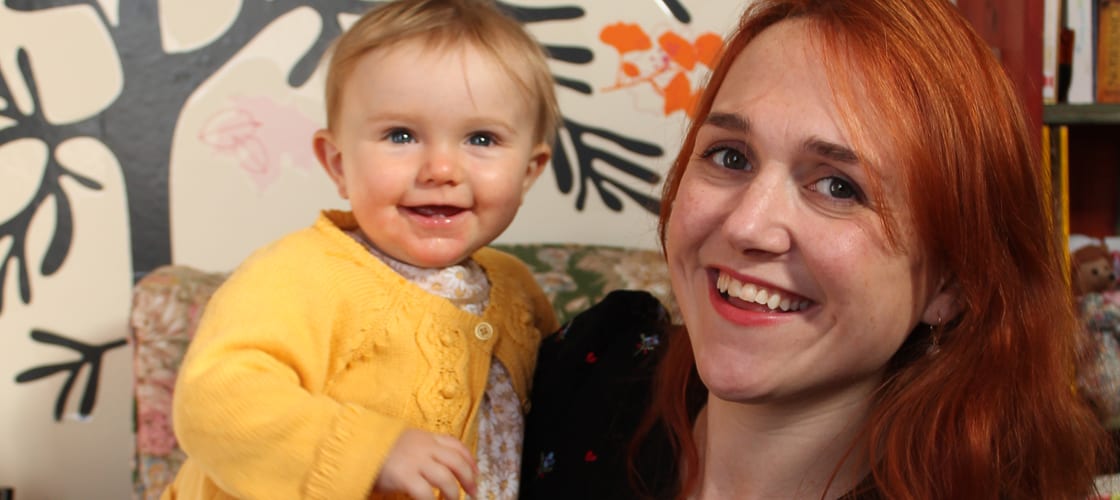
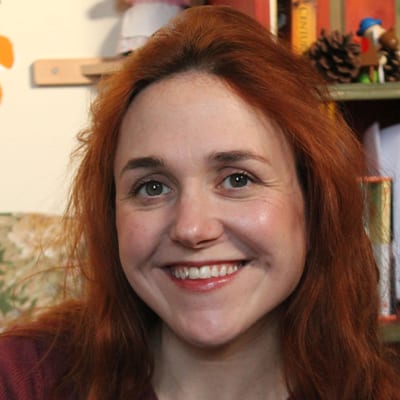 Gail Condon
Gail Condon
